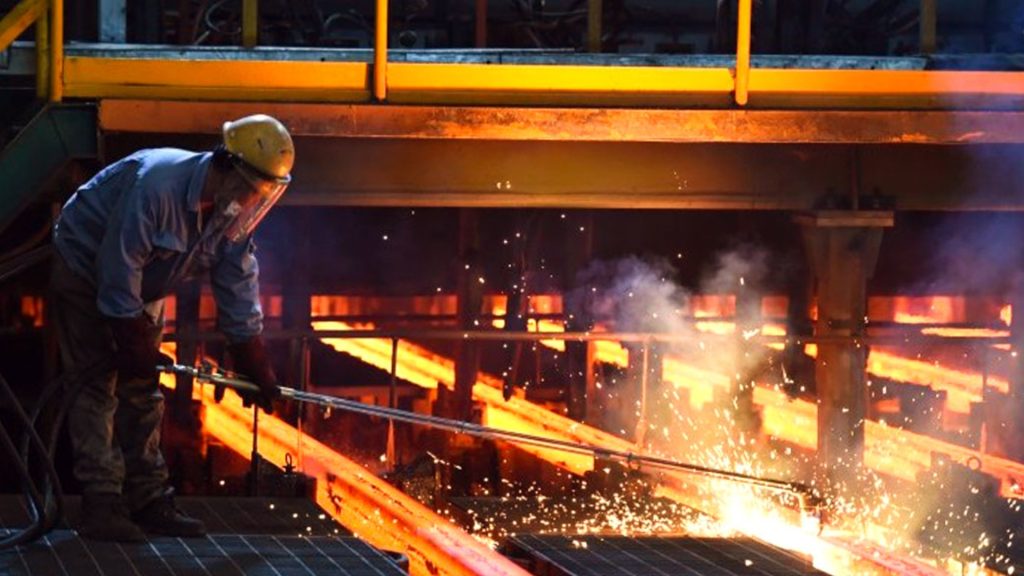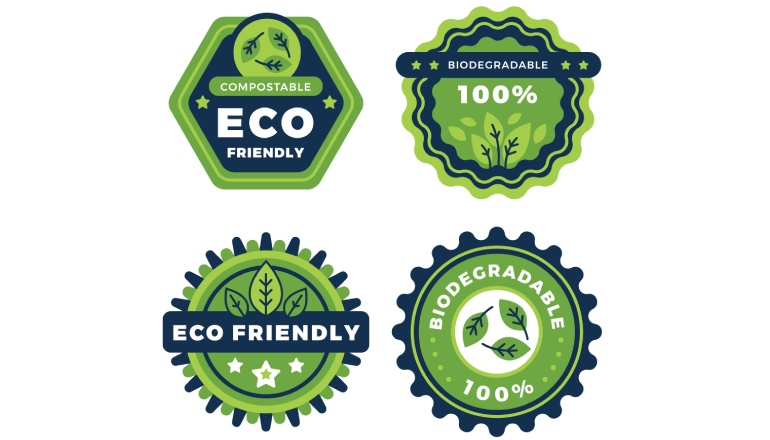The environmental think tank iFOREST has released a critical report on the environmental, social, and governance (ESG) performance of the Indian steel industry. The study reveals that high carbon intensity and poor disclosure standards are major hurdles to decarbonization and attracting vital climate finance.
The study, which benchmarks 31 companies accounting for 65% of India’s crude steel output, introduces a unified accounting system and a mandatory supplement for sustainability reporting to bridge the current information gaps.
Unified reporting to attract climate capital:
The report, titled “BRSR Disclosure: ESG Performance Assessment of the Indian Steel Sector,” proposes a steel-specific supplement to the Securities and Exchange Board of India’s (SEBI) Business Responsibility and Sustainability Reporting (BRSR) framework. This intervention is a direct response to global scrutiny, such as the European Union’s implementation of the Carbon Border Adjustment Mechanism (CBAM), and is aimed at improving data quality. The report also released an India-specific Greenhouse Gas (GHG) accounting tool to simplify and standardize emissions tracking.
Sanjeev Kanchan, Director, Industrial Decarbonization & ESG, iFOREST, emphasized the necessity of standardization for transparency. “Sector-specific templates are vital to strengthen ESG reporting in resource-intensive industries like steel.” “The BRSR Supplement provides a clear pathway for consistency, comparability, and credibility, which are non-negotiable for large-scale investment,” he said.
High emissions and low green energy use:
The study paints a stark picture of the sector’s environmental footprint. India’s iron and steel industry is one of the country’s most resource-intensive, contributing approximately 12% of national carbon dioxide emissions. The analysis found that the sector emitted 221 million tonnes of carbon dioxide equivalent (CO₂e) in FY24. Crucially, the emission intensity stands at 2.54 tCO₂e per tonne of steel, considerably higher than the global average of 1.92 tCO₂e/t.
The reliance on carbon-intensive methods is further underscored by the negligible adoption of clean energy. The report found that renewable energy accounts for less than 0.5% of the total energy consumed by the sector. Furthermore, the vulnerability to resource risks is significant, as nearly half of the steel companies’ water withdrawals occur in already water-stressed regions, escalating environmental risk exposure.
The multi-trillion dollar finance gap:
The report’s findings tie directly into the critical need for climate finance to support the sector’s transition, especially with India planning to expand steel output significantly by 2050. The need for capital is enormous, with estimates suggesting the steel sector alone requires billions of dollars in investment for decarbonization technologies.
Chandra Bhushan, Chief Executive Officer, iFOREST, articulated the urgent prerequisites for global capital mobilization. India needs trillions of dollars in climate finance to meet its mitigation and adaptation targets. To attract this level of finance, three elements are necessary.” “The third, and most critical, is credible, comparable, and verifiable information to guide investment decisions,” he said.
Persistent social and governance weaknesses:
Beyond environmental risks, the assessment highlighted persistent social and governance shortcomings. The steel industry shows significant diversity gaps, with women making up only 18% of board members and just 7% of key managerial personnel. Labor practices are also flagged, with a majority of the workforce—56%—employed on contracts. In terms of governance, the study noted that only 16 out of the 31 companies surveyed have a formal, comprehensive anti-corruption framework in place. The new reporting tools are designed to shine a light on these social and governance failings as much as the environmental ones, ensuring a holistic push towards a more responsible industrial transition.












